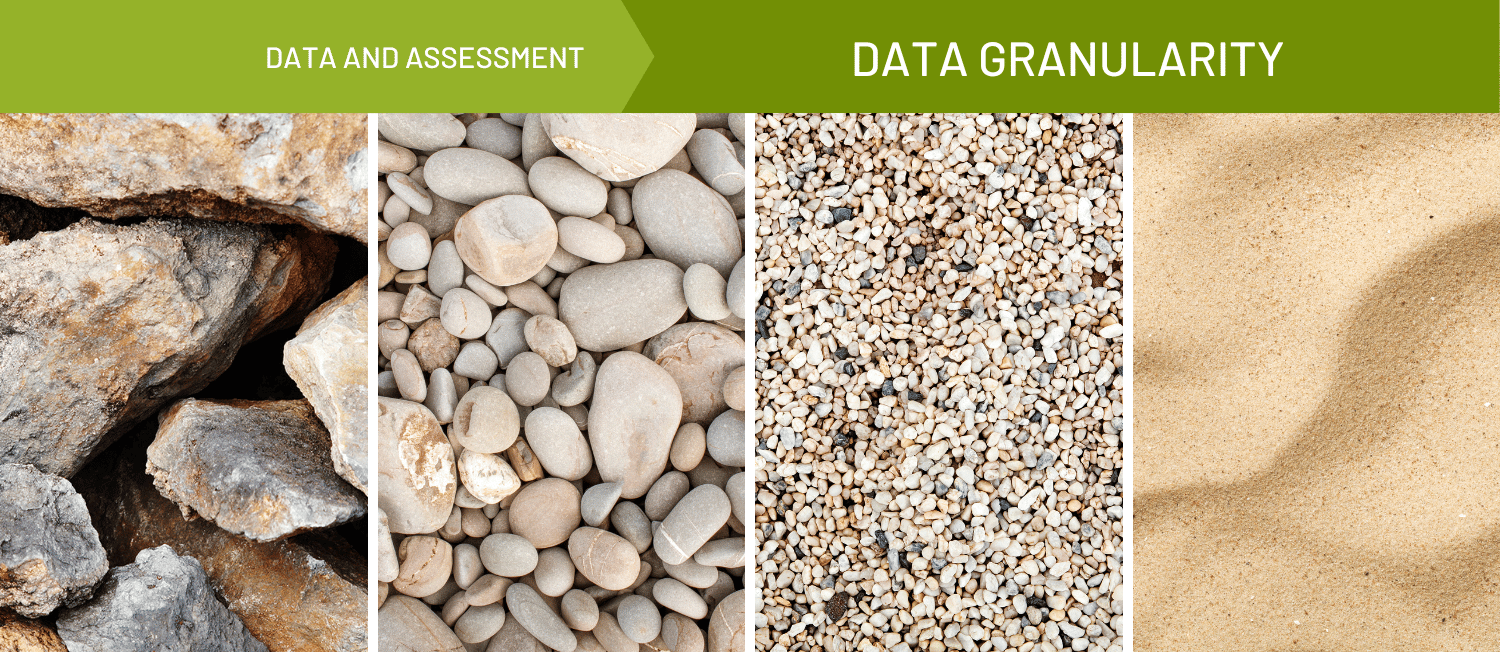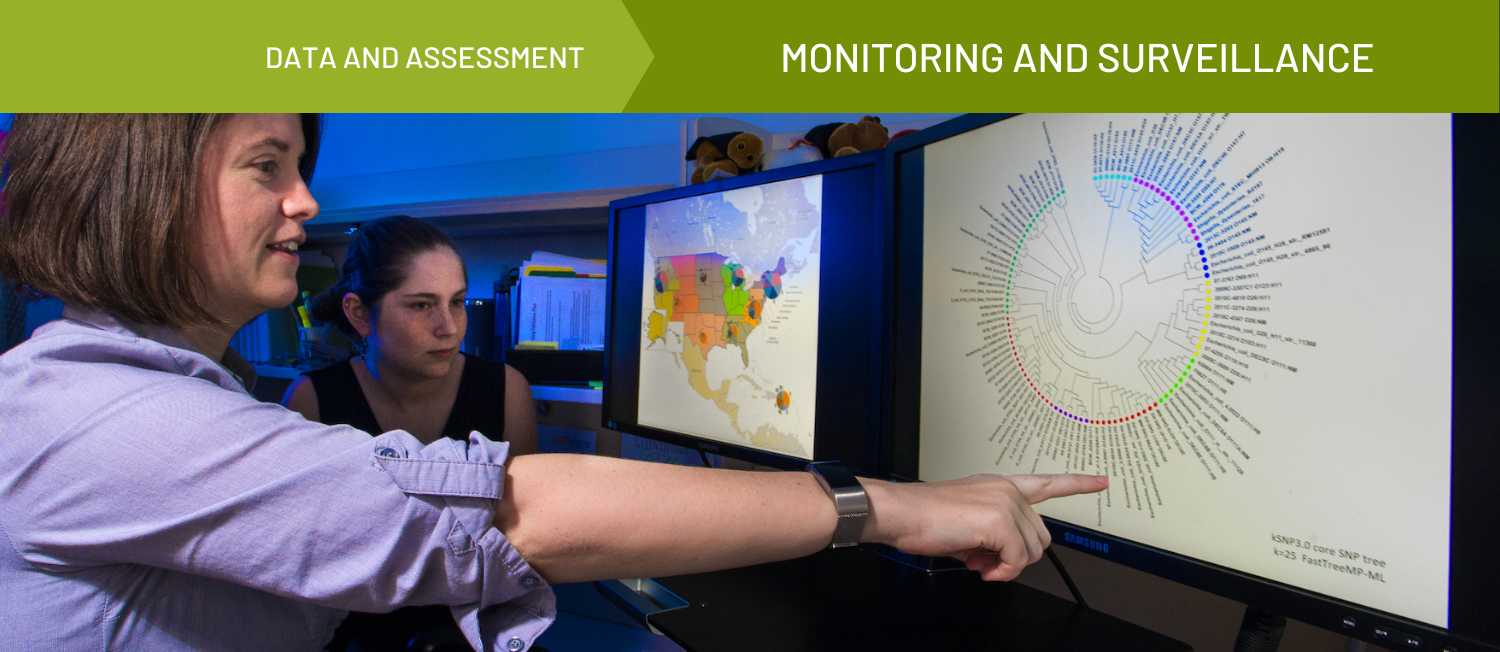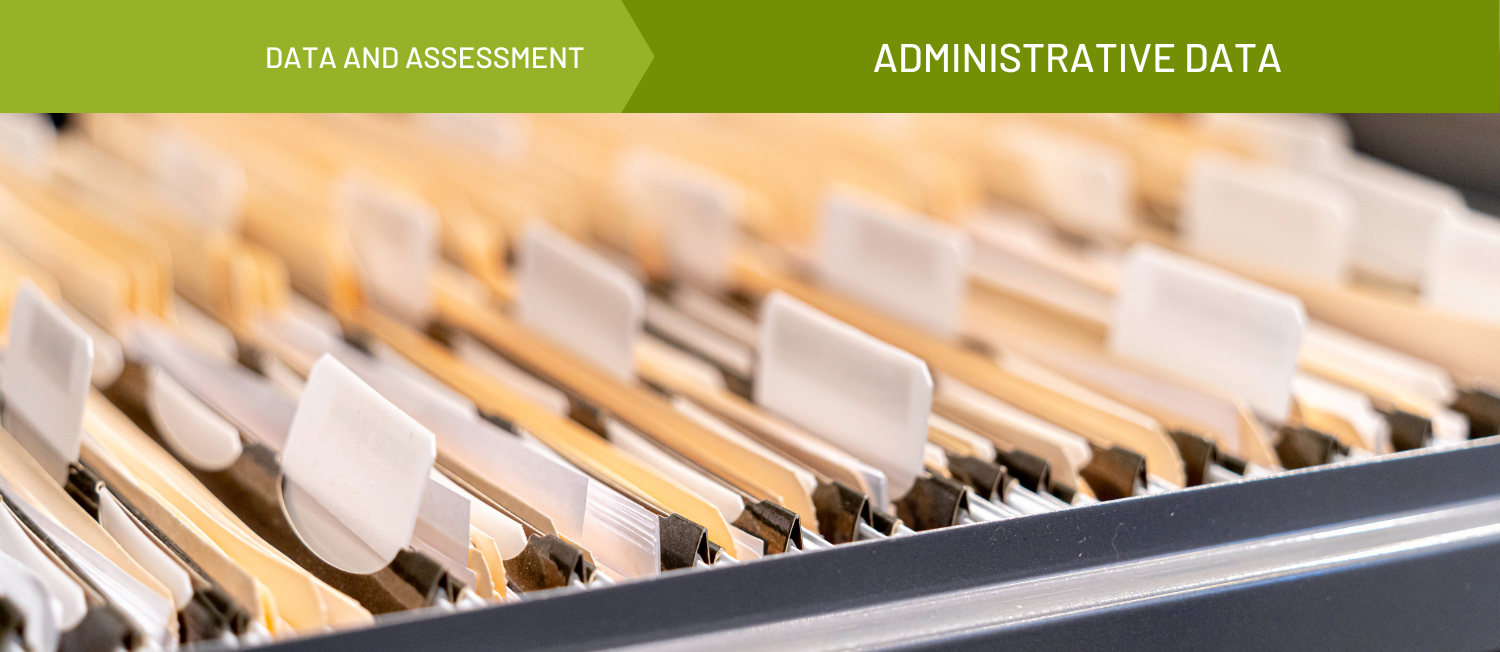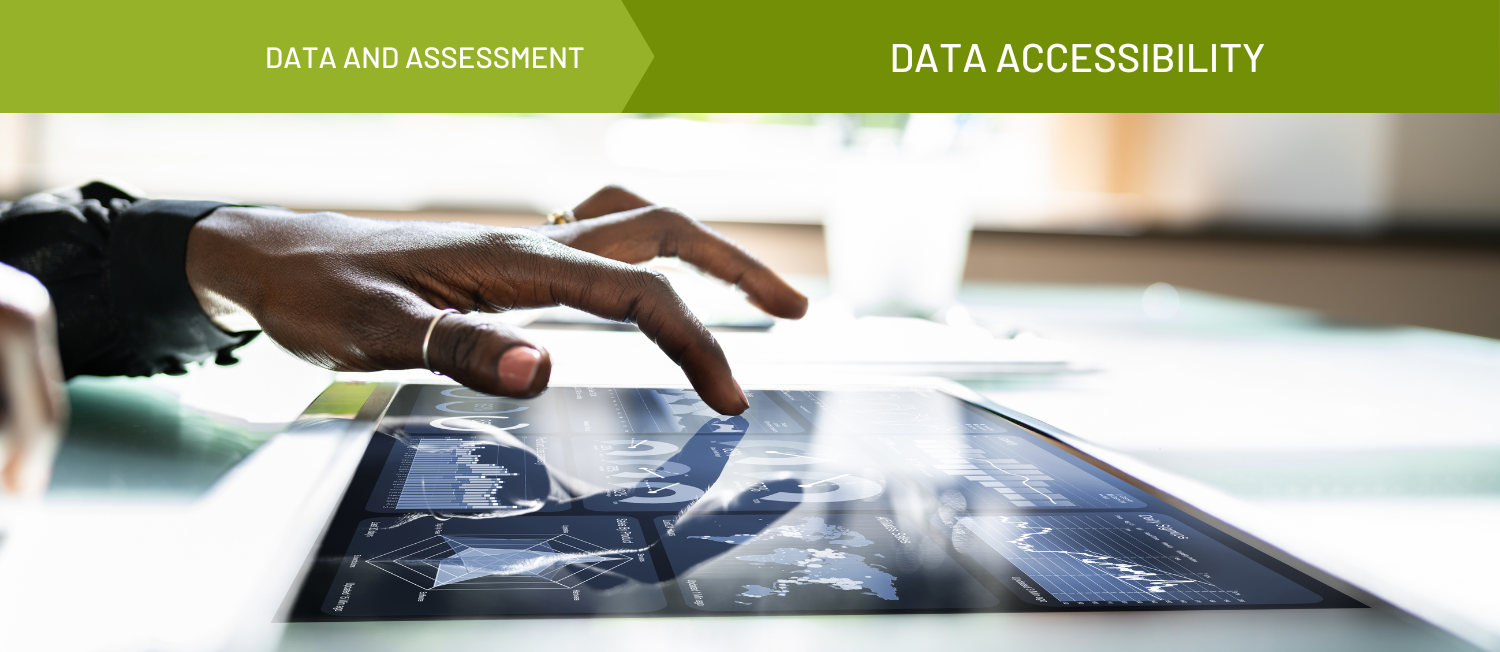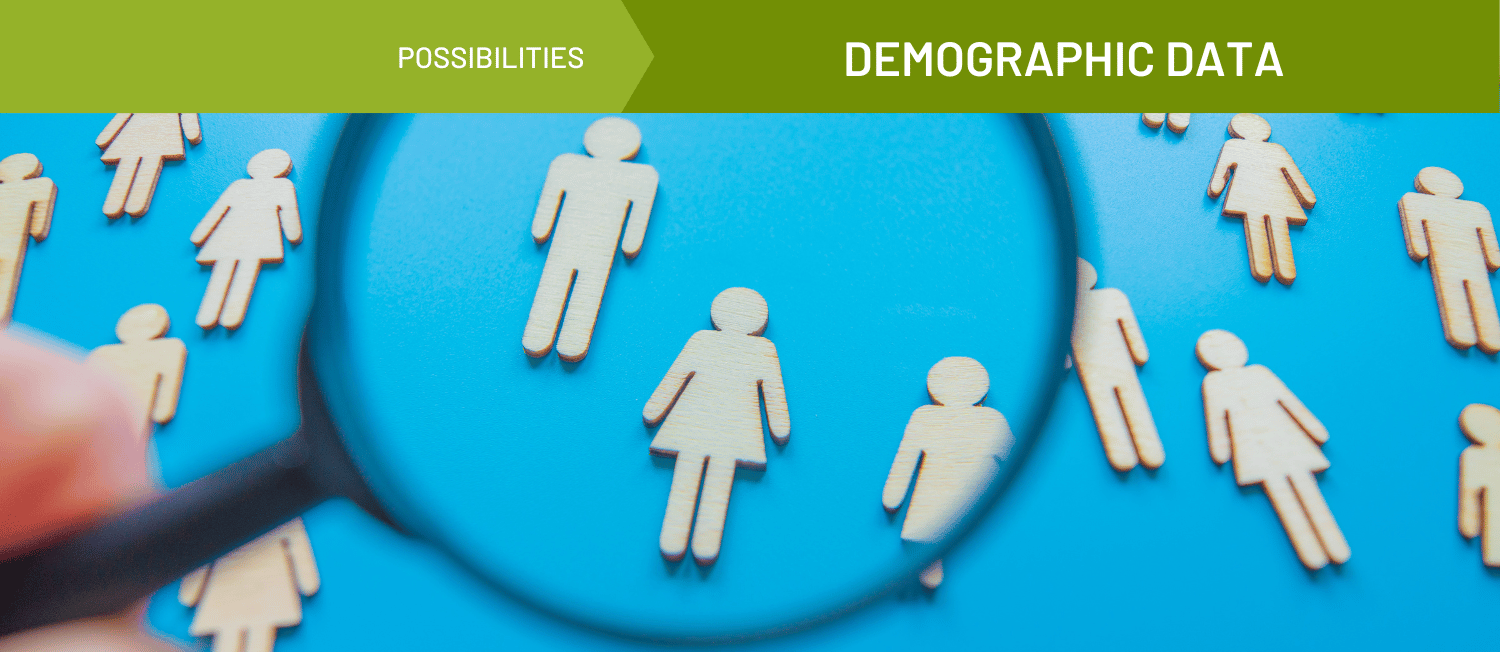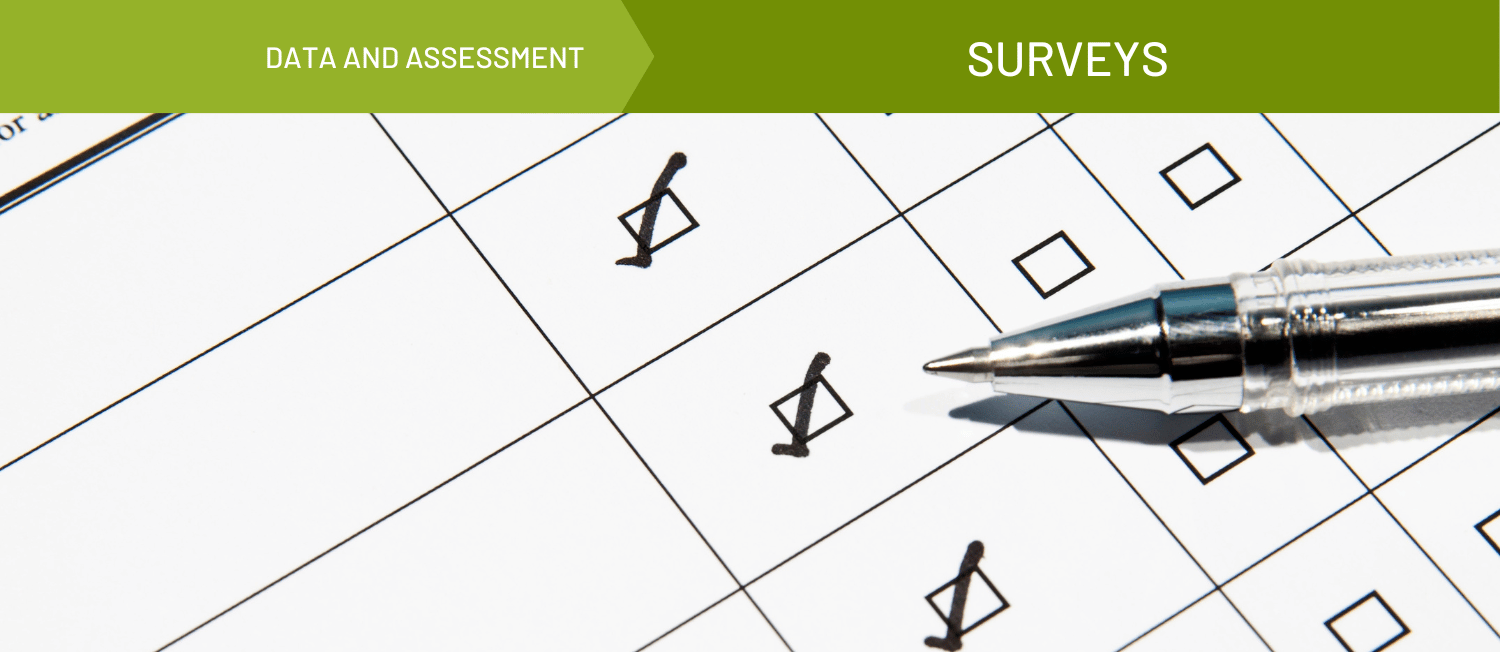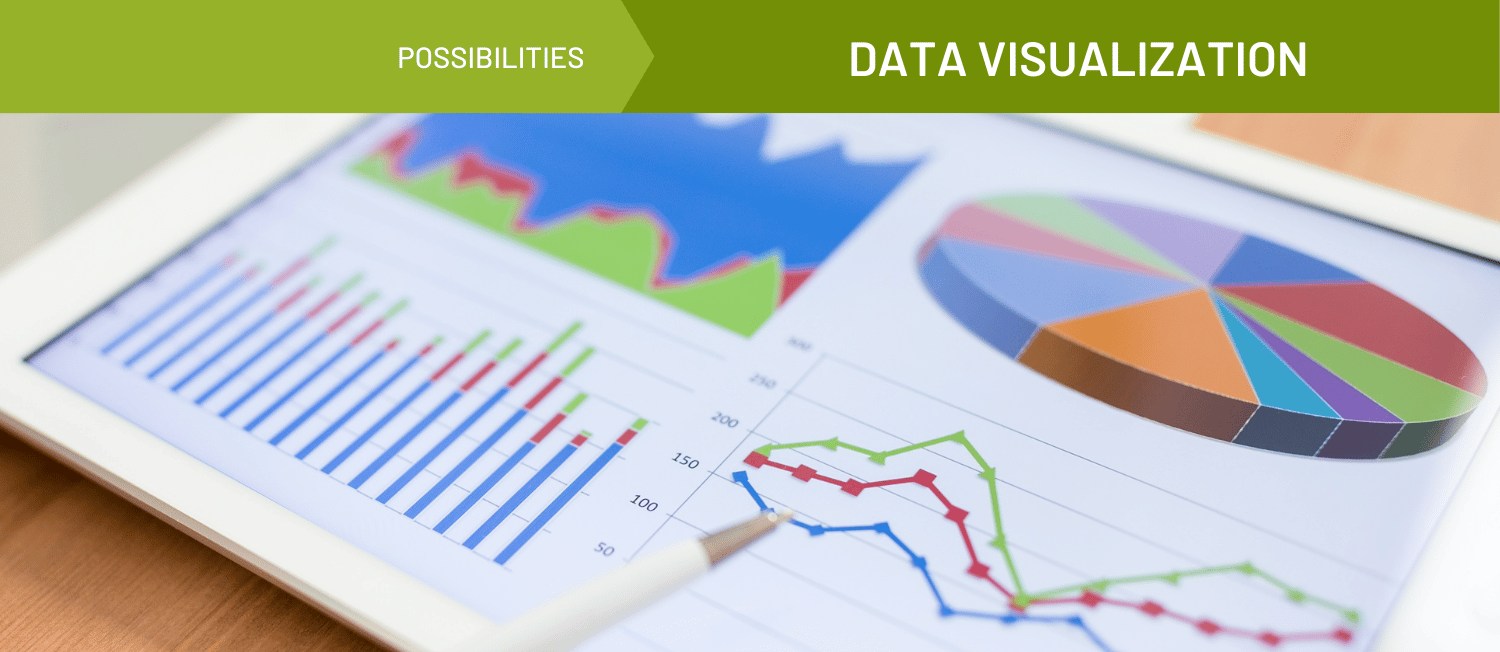Data Equity
Data equity recognizes the importance of considering issues of power, bias, and discrimination in data collection, analysis, and interpretation. This includes seeking community ownership of data, applying practices that ensure the protection of people and communities, recognizing and seeking to correct legacies of discrimination through data, recognizing the dangers of a single story, and weaving data and storytelling to tell a more complete picture. Ultimately, building data equity means using data to build community power. It emphasizes the need to address systemic inequities and power imbalances. In public health, data equity is complex and evolving and can mean different things in different contexts. Collecting health data on marginalized communities can be important for addressing health disparities, and it can also perpetuate biases and harm. Data equity requires balancing the potential benefits and risks of different data practices in specific contexts.
Data equity involves ensuring the benefits and risks associated with data use are distributed justly, which can help prevent biases and inequalities, and lead to better health outcomes for everyone. Data equity is important for identifying and addressing health disparities and social determinants of health in a fair and just manner.
By improving data equity, we can improve our ability to improve health outcomes and minimize disparities, and empower communities through data-sharing, ownership, and leverage. Data are powerful and legitimize efforts towards justice. Inequitable use of data can lead to inaccurate reporting and poor decision-making, unintended consequences and a loss of trust. Data equity improves well-being, reduces disparities, and promotes equity in education, resources, and opportunities.
Throughout history, data have been used to perpetuate inequality and discrimination. The civil rights movement highlighted how census data were used to enforce discriminatory policies and practices, like redlining. With recent technological advances in machine learning, artificial intelligence, and other fields, new opportunities for data analysis have emerged. However, there are concerns that these advancements may lead to biased and discriminatory use of data. To promote fairness and justice, it is crucial that we recognize issues of data privacy and prevent data from being weaponized against communities. Policies such as HIPAA and other ethical standards can help ensure that data is used in an ethical manner.
Data broken out by sub-groups (i.e. race and ethnicity) are not always available and reliable, often due to low population counts, inconsistent definitions, telecommunications, limited access to healthcare, and/or stigma and discrimination. Historically, groups that have been marginalized due to systemic inequalities, such as people of color, women, LGBTQ+ individuals, and low-income and rural communities, have been disproportionately impacted by data inequities. These groups are also more likely to have limited access to high-speed internet, digital devices, or the resources needed to navigate and make informed decisions about data collection and use.
While certainly more emphasis has been put on data equity in recent years, the status today is complex and varies across contexts and regions. Data equity issues intersect with other forms of systemic inequality, such as racism, sexism, ableism, and homophobia. To go beyond meaningful participation of marginalized communities in data collection and use policies, we need to shift towards community-driven and participatory approaches. This includes building trust, co-designing policies, ensuring data ownership, and providing resources and support.
Data equity matters at a system level because it is essential for promoting social and economic equity, democratic governance, and human rights. Advancing equitable use of data requires a fundamental shift in the systems that collect, use, and share data. Changemakers and stewards can promote data equity at scale through education, advocacy, and policy changes. This includes advocating for privacy protections, data transparency requirements, and mechanisms to hold data collectors accountable for discrimination. They can also promote the adoption of ethical standards and strategies to turn data into power. Additionally, policy advocacy can make more data available for priority populations by disaggregating data. Promoting data literacy and digital skills builds the capacity of communities to use data-for-power.
Lower-hanging fruit opportunities to promote data equity include consistently collecting demographic data using clear, specific categories, including allowing individuals to self-identify. Ensure privacy by collecting data securely and minimize personally-identifiable information. Use trusted messengers and technology to collect data and provide clear information about the purpose of data collection. It’s also beneficial to build local community capacity to navigate and engage with data collection, use, and interpretation, and to support individuals and communities to take control of their data.
Resources & Tools
Using Data Walks To Spur Community Conversations Around the Realities of Food Insecurity
Resource - Blog
Brought to you by Urban Institute
Impact of Digital Surge During Covid-19 Pandemic: A Viewpoint on Research and Practice
Resource - Journal Article
A Scoping Review of Virtual Focus Group Methods Used in Rehabilitation Sciences
Resource - Journal Article
Principles for Using Public Health Data To Drive Equity
Resource - Report
Brought to you by CDC Foundation
Data Democratization: The Unsung Hero of Health Equity
Resource - Blog
Brought to you by Health Leads
Do No Harm Guide: Crafting Equitable Data Narratives
Resource - Guide/handbook
Brought to you by Urban Institute
Using the Methods of the Public Health Disparities Geocoding Project to Monitor COVID-19 Inequities and Guide Action for Health Justice
Resource - Website/webpage
Brought to you by Harvard University T. H. Chan School of Public Health
Community-Driven Data and Evaluation Strategies to Transform Power and Place
Resource - Guide/handbook
Brought to you by Build Healthy Places Network
More Than Numbers: A Guide Toward Diversity, Equity, and Inclusion (DEI) in Data Collection
Resource - Guide/handbook
A Guide to Conducting Online Focus Groups
Resource - Guide/handbook
Brought to you by Vital Strategies
Balancing Access to Health Data and Privacy: A Review of the Issues and Approaches for the Future
Resource - Journal Article
On Racism: A New Standard For Publishing On Racial Health Inequities
Resource - Blog
Brought to you by Health Affairs
Published on 07/02/2020
Engagement, Governance, Access, and Protection (EGAP): A Data Governance Framework for Health Data Collected from Black Communities
Resource - Report
Brought to you by Black Health Equity Working Group
Supporting a Community-Led Data Infrastructure To Build Local and Equitable Governance That Advances Policy
Resource
Brought to you by Brookings Institution
Connecting the Dots: A Data Sharing Framework for the Local Public Health System
Resource - Policy Brief
Brought to you by NACCHO
Health Equity Data Commitment and Principles
Resource - Website/webpage
Brought to you by Public Health Institute at Denver Health
Focus Group Tip Sheet
Resource - Fact Sheet
Brought to you by U.S. Department of Health and Human Services
The Future for Community Use of Data to Advance Equity
Resource - Webinar
Brought to you by Urban Institute
Indigenous Data Governance: Strategies from United States Native Nations
Resource - Journal Article
Brought to you by Ubiquity Press Limited
Native Data Sovereignty Can Address Data Gaps and Improve Equity
Resource - Blog
Brought to you by Urban Institute
Published on 06/13/2022
Understanding and Using American Community Survey Data: What All Data Users Need to Know
Resource - Guide/handbook
Brought to you by Census Bureau
Do No Harm Guide: Applying Equity Awareness in Data Visualization
Resource - Guide/handbook
Brought to you by Urban Institute
Digital Data Sources and Their Impact on People's Health: A Systematic Review of Systematic Reviews
Resource - Journal Article
Brought to you by Frontiers
Perils and Possibilities: Achieving Best Evidence from Focus Groups in Public Health Research
Resource - Journal Article
Our Favorite Data Sources
Story
-
 Original
Original
Brought to you by Community Commons
Published on 04/08/2024
Quiet Neglect: Algorithmic Bias in Healthcare Is Hurting Older Adults
Story - Written
Brought to you by Breaking Media, Inc.
Published on 02/04/2024
Strategies for Including Deaf and Hard of Hearing Participants in Research
Story - Written
Brought to you by Urban Institute
Published on 11/23/2021
S1 E9: How Can Neighborhood-Level Data Improve Health and Equity?
Story - Audio
Brought to you by All In
Using Benchmarks to Explore Population Health Data
Story
Brought to you by IP3
Published on 08/23/2022
Understanding and Interpreting Population Health Measures
Story - Written
Brought to you by IP3
Published on 11/15/2022
Foundations for Community Health Data Users
Story
-
 Original
Original
Brought to you by Community Commons
Published on 04/17/2024
Related Topics
